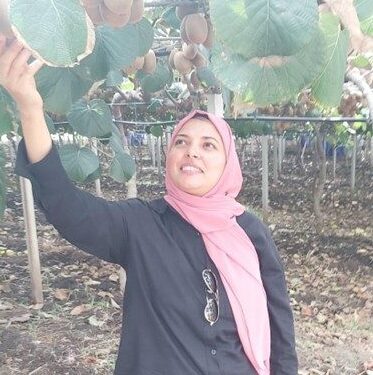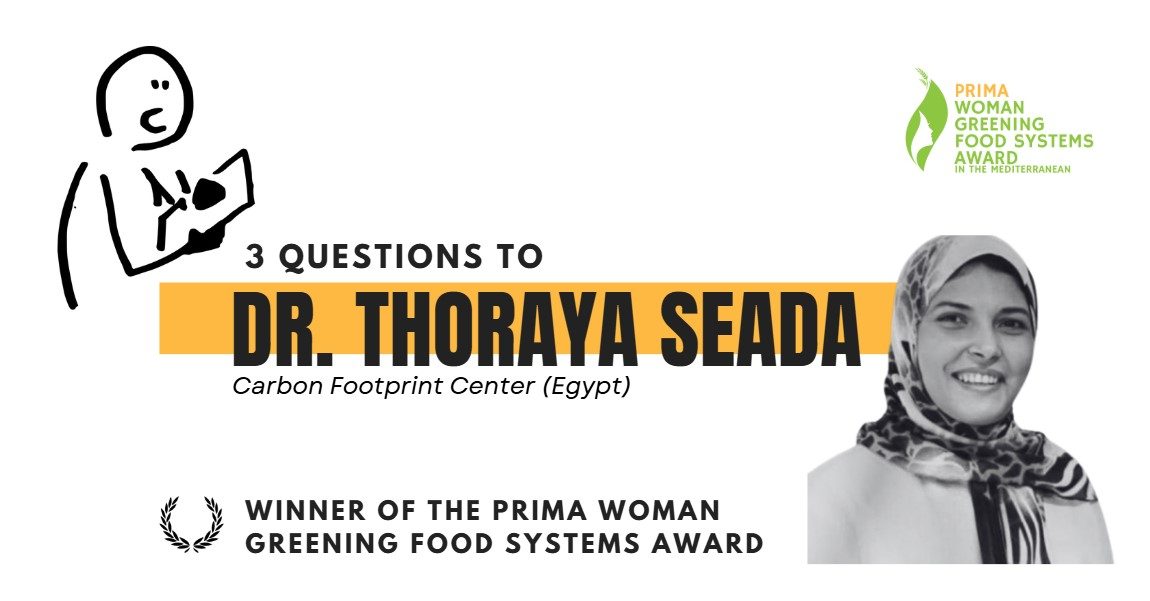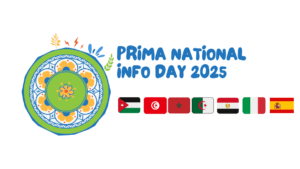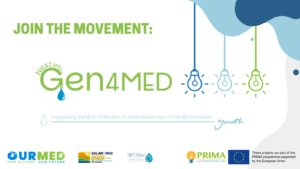One of the four winners of the PRIMA Award for Women Greening Food Systems, Dr. Thoraya Seada is leading the change in revolutionizing carbon markets for small farmers in Egypt. As part of our series spotlighting these inspiring women, we asked her three key questions to learn more about her vision and impact.
Across the Mediterranean, women are redefining how we tackle climate change and support sustainable food systems. Dr. Seada, as the director of the Carbon Footprint Center at Heliopolis University for Sustainable Development, is at the forefront of this transformation. Her project, HU Egyptian Women Green Food, is empowering small-holder farmers through carbon credit systems within the Economy of Love (EoL) framework, helping them access the global Voluntary Carbon Market and significantly boosting their incomes.
By leading a team of dedicated young women, Dr. Seada has been instrumental in integrating over 5,000 smallholder farmers into these carbon markets, creating a sustainable economic model that benefits both the environment and the people who rely on it.

⬇️ Three questions for Dr. Thoraya Seada…
How has the integration of smallholder farmers into the Voluntary Carbon Market improved their livelihoods?
Smallholder farmers generate additional income by adopting regenerative agriculture practices that sequester carbon, reduce emissions, and issue carbon credits. These credits, derived from sustainable farming methods, are sold to companies seeking to offset their emissions, creating a reliable revenue stream for farmers.
Through the Economy of Love (EoL) Standard, 5,000 farmers have successfully developed carbon certificates, offering financial incentives that promote long-term sustainability. Additionally, farmers gain access to premium markets for organic and regenerative products, as global buyers increasingly prioritize low-carbon and climate-friendly supply chains. This demand not only enhances their income but also strengthens sustainable agricultural value chains.
What role do young women play in your project, and how has their involvement shaped its success?
Young women play a pivotal role in the Economy of Love (EoL) project, driving its success across social, economic, and environmental dimensions. Their active engagement strengthens the project’s impact on regenerative agriculture, carbon markets, and sustainable development. Notably, 80% of the Carbon Footprint Center (CFC) team consists of young women, who contribute significantly to project development, assessments, capacity-building programs, and monitoring activities.
These women lead efforts in sustainable agriculture and carbon farming, implementing climate-smart practices, ensuring accurate data collection, and fostering community engagement. Their leadership not only enhances the credibility of carbon credit systems but also empowers local farmers to adopt resilient and sustainable farming methods.
Can you explain the significance of the Economy of Love (EoL) framework in your carbon credit initiatives?
The Economy of Love (EoL) framework plays a vital role in carbon credit initiatives, ensuring that regenerative agriculture and carbon sequestration efforts are not only environmentally effective but also socially responsible and economically viable for smallholder farmers.
By integrating four core dimensions—environmental, social, economic, and cultural—the EoL framework ensures that carbon credit projects go beyond emission reductions to generate long-term positive impacts on farming communities.
A key aspect of EoL is empowering smallholder farmers to transition to organic and regenerative farming, equipping them with the necessary training, resources, and financial incentives. This transition enhances soil health, biodiversity, and carbon sequestration while improving market access for farmers, allowing them to benefit from premium organic and ethical supply chains.
Furthermore, the EoL framework enhances the credibility of carbon credit initiatives by ensuring transparent monitoring, fair compensation, and ethical verification standards. By integrating carbon sequestration with sustainable livelihoods, it fosters climate resilience, economic stability, and a just transition for farming communities.




